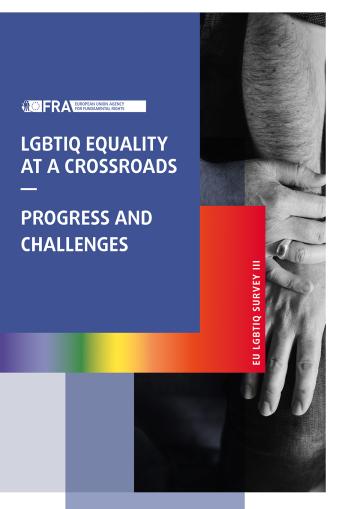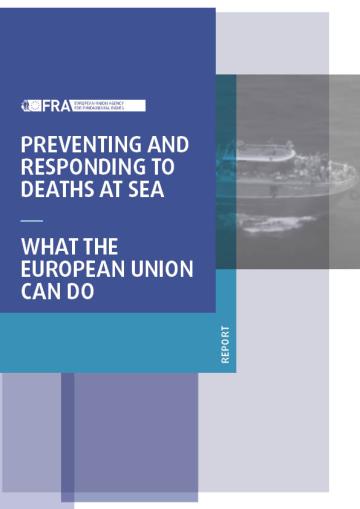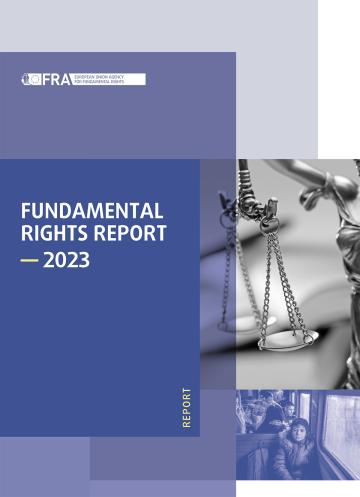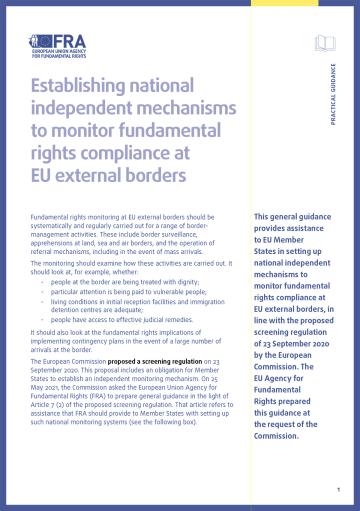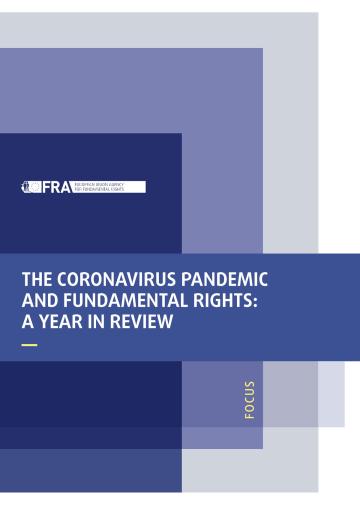1. In its judgment of 9 October 2001 in Case C-377/98 Netherlands v European Parliament and Council [2001] ECR-I 7079, at grounds 70, 78 to 80, the Court of Justice confirmed that a fundamental right to human integrity is part of Union law and encompasses, in the context of medicine and biology, the free and informed consent of the donor and recipient.
2. The principles of Article 3 of the Charter are already included in the Convention on Human Rights and Biomedicine, adopted by the Council of Europe (ETS 164 and additional protocol ETS 168). The Charter does not set out to depart from those principles, and therefore prohibits only reproductive cloning. It neither authorises nor prohibits other forms of cloning. Thus it does not in any way prevent the legislature from prohibiting other forms of cloning.
3. The reference to eugenic practices, in particular those aiming at the selection of persons, relates to possible situations in which selection programmes are organised and implemented, involving campaigns for sterilisation, forced pregnancy, compulsory ethnic marriage among others, all acts deemed to be international crimes in the Statute of the International Criminal Court adopted in Rome on 17 July 1998 (see its Article 7(1)(g)).


